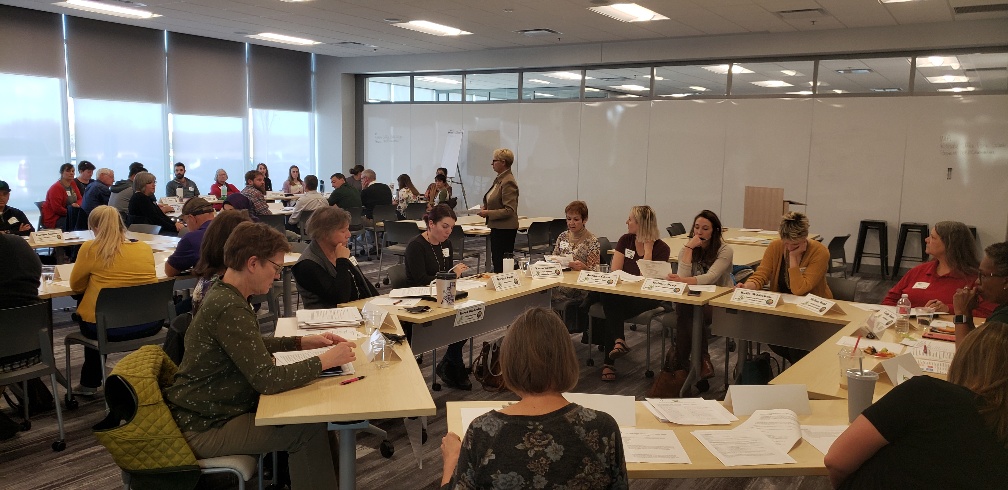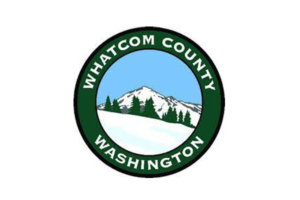A feasibility study is an analytical tool used during the development of a new project to evaluate how it would operate under a set of assumptions. It explores an idea’s viability and helps determine whether to invest further time and money. A feasibility study is not a business plan but becomes the basis for one.
Why Do You Need A Feasibility Study?
Feasibility studies are the backbone for any new food system project such as building a food hub, expanding a kitchen operation, or adding a new line of business. While a concept might seem like a great solution to accomplish a set of goals, such as a food hub increasing consumption of local produce, an analysis is needed to determine which, if any, scenarios will meet objectives. Thoroughly vetted against a series of assumptions, a feasibility study can demonstrate how your project could affect the local economy, employment, and environment in its area of influence.
Feasibility studies can require significant time and financial resources; however, skipping this step can lead to unsustainable business challenges. Plus, the process can actually be exciting. Why? A feasibility study can:
-
- Build buy-in and create excitement among community organizations, local farmers and entrepreneurs, and other potential partners
- Uncover new opportunities not previously considered
- Enhance the probability of success by identifying and mitigating factors that could affect the project negatively
- Attract and secure funding from lending institutions and other funding sources.
What is Included in a Feasibility Study?
Feasibility studies result in a clearly defined project summary supported by research findings with specific recommendations distilled into a “go/no-go” decision—whether to continue the project, change its focus considerably, or hold off on it for now. Getting to this conclusion, though, requires several steps.
-
- Proposed Project and Hypothesis—the starting point. It clearly outlines the goals and one or more scenarios to explore. In place at the outset should be a project team that will guide the study, an engagement plan to involve stakeholders, and defined project deliverables. (We even have a handy rubric to help with this step.)
- Market Feasibility—identifies the demand in the market. This is done through an analysis of the current and future market potential, competition, and sales or service estimations, including from current and prospective customers. Information is gathered through interviews, surveys, secondary research, focus groups, community meetings, or a retail demand analysis. This answers who is the intended audience and how the new venture will meet their needs.
- Technical Feasibility—considers factors needed to implement a project, such as transportation infrastructure, business location, facilities and equipment, and the technology, materials, and labor that impact a project’s ability to succeed. This can also include the first visuals of the space layout for new facilities.
- Economic and Financial Feasibility—clarifies the expected project income and investment, in terms of time and money, in order to hit the project objectives. This involves analyzing the proposed operation to achieve sufficient income and cash flow to financially sustain the project over the long term.
- Management Feasibility—examines the legal and operational structure. While a project may fill a need in the market and proves financially viable, it is important to determine if an organization is equipped to manage it. This results in an outline of the operating structure and management team, and whether the organization leading the study will also lead the new venture or if a new owner/operator will need to be identified.
- The Go/No-Go Decision. This is an exciting step, though sometimes humbling. The previous steps give shape to an idea. The culminating decision to move forward builds energizing momentum to actualize a vision. A decision not to move forward can also be empowering because it can put an end to the swirl of questioning around new projects.
A well-conducted feasibility study provides valuable insights into the feasibility and viability of a project, helping stakeholders make informed decisions. It serves as a roadmap for the project’s development and can also be instrumental in attracting funding and support from various sources.
Ready for a feasibility study? The team of experts at New Venture Advisors is ready to partner with you!
Photo Courtesty of the Riley County (KS) Food and Farm Council



